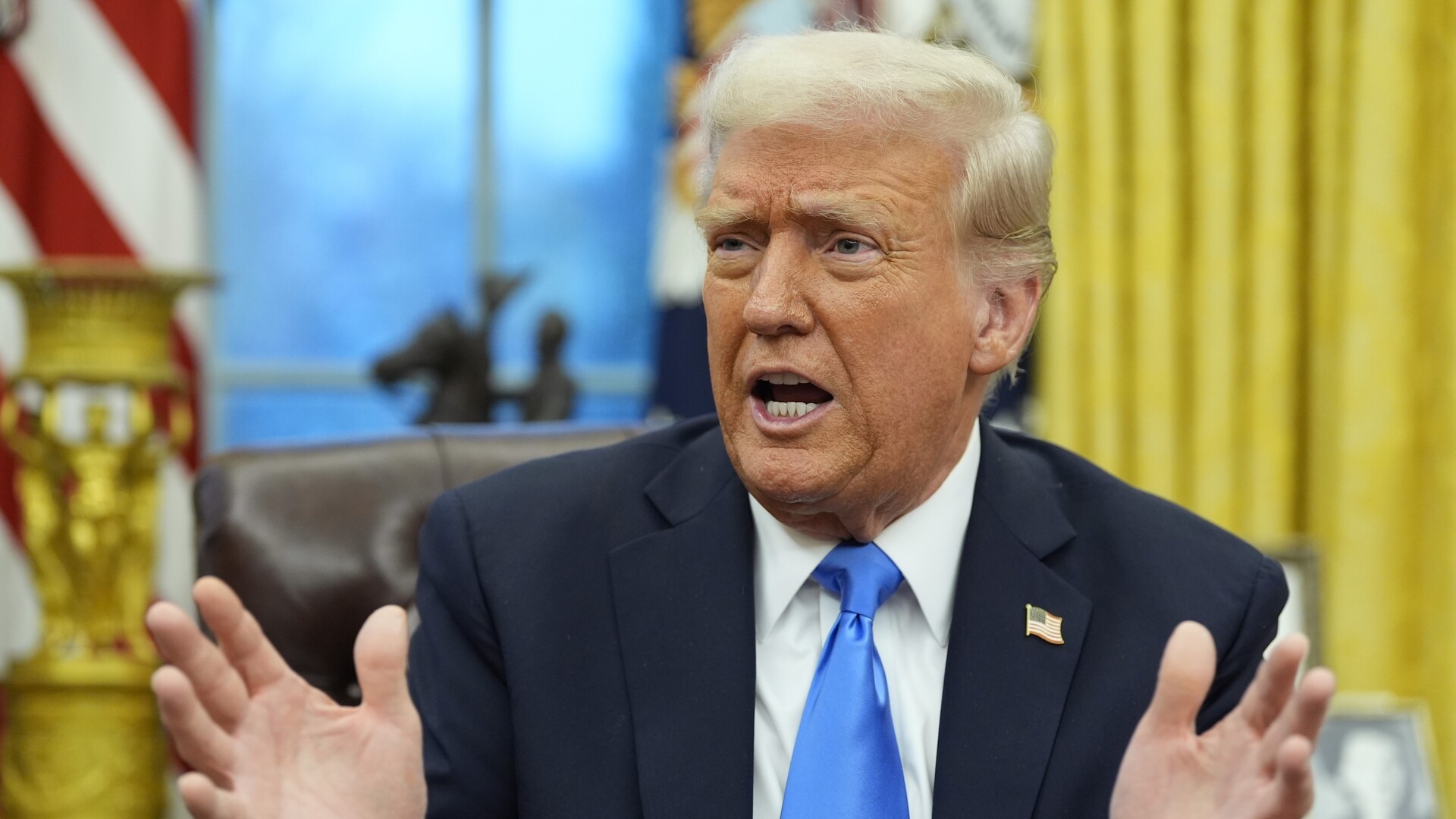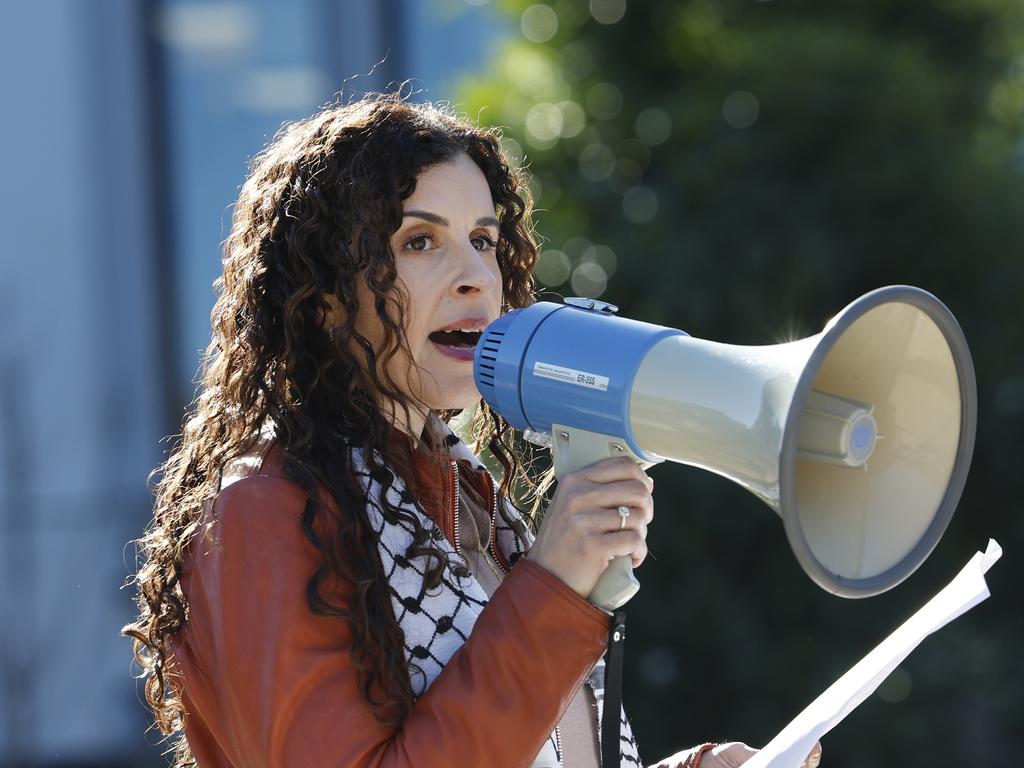‘Time is now’ for Australian unis to ‘team up’ with Europe on research
The chief executive of the Group of Eight research universities says Australia needs to ‘team up, not gang up’ with Europe because of US funding cuts.

Australia’s top research universities say the government needs to join the world’s largest research and innovation fund in Europe “right now”, as vulnerabilities in research security are exposed by the Trump administration, or risk Australia falling behind.
Group of Eight chief executive Vicki Thomson, speaking from Brussels as part of the European Australian Business Council delegation, said she hoped the visit in July of the chief negotiator of Horizon Europe – the EU’s $170bn research fund – to Australia would push the deal along.
“The ground has shifted ... they’re ready,” she said following talks with the EU’s chief negotiator, Signe Ratso.
“There’s nothing from their perspective stopping (it), it’s an open invitation for Australia to join Horizon Europe and from their perspective, all they need is that commitment from the Australian government to start negotiations in a non-binding way.”
The Go8 universities – which include the University of Melbourne and the University of Sydney – spend about $8.5bn annually on research, and carry out about 70 per cent of all university research. The US is the largest collaborative partner of each Go8 university.
In meetings with Horizon Europe, the trade minister of a small country, or European commissioners, for example, research and development was raised first up, Ms Thomson said, in the vein of “we need to work together even more so at the moment”.
“We need to team up, not gang up, against the US in the context of the funding cuts we’re getting through the US, the NIH (National Institutes of Health) and NSF (National Science Foundation), and there’s a really good opportunity now in terms of Horizon Europe that hasn’t been there before,” she said.
“There is a definitely a greater willingness from our government to seriously consider Horizon Europe ... purely because the world has changed and our government is certainly alert to what we need to do as a nation to keep up and not fall behind, because we are a global outlier at the moment.”

New Zealand and Canada have each signed up for associate member status with Horizon, paying about $50m over five years, and $165m over four years respectively.
Ms Thomson said there was also a sense from the EU that “we really need Australia at the table”.
“We’ve got capabilities around critical minerals … they’re really interested in research that underpins processing and all those sorts of things. Our cyber security and foreign interference scheme is very advanced.”
Europe understood, she added, that Australia was also “in a very unique position to know our region” in the Indo-Pacific.
“I can’t underscore the fact that I do think the moment in time is right now,” she said.
“In Europe, what you get a sense of is the crisis is now. It’s not planning for the crisis. This is not a ‘we’ll sit back and see how it happens’, and research is not a nice to have, it’s an absolute, it’s critical to their economic security and to building their own capability against the sort of things that are happening around us.”
Ms Thomson said global wars and crises at Europe’s doorstep had created “a really strong emphasis on research and innovation as a supporter of economic security” and sovereign capability.

She said the Australian government needed to “shift” and put research and development “front and centre” like Europe, if it was going to boost productivity. “You just get a sense that it is one of the pillars of the economy in the EU in the way it’s not described as such in the Australian context,” she said.
“We have the capacity within our institutions; our universities are very internationally focused on research and development; we have all the ingredients to make the cake, but we certainly do need government to recognise and understand that. And that’s not a funding discussion.”
A spokesperson for Industry and Innovation Minister Tim Ayres said the Australian government “is always open to exploring opportunities to broaden and deepen our collaboration with like-minded countries on areas of shared interest”.
“In this context, we are aware there have been discussions with our European friends over many years, and these conversations are ongoing.”







To join the conversation, please log in. Don't have an account? Register
Join the conversation, you are commenting as Logout